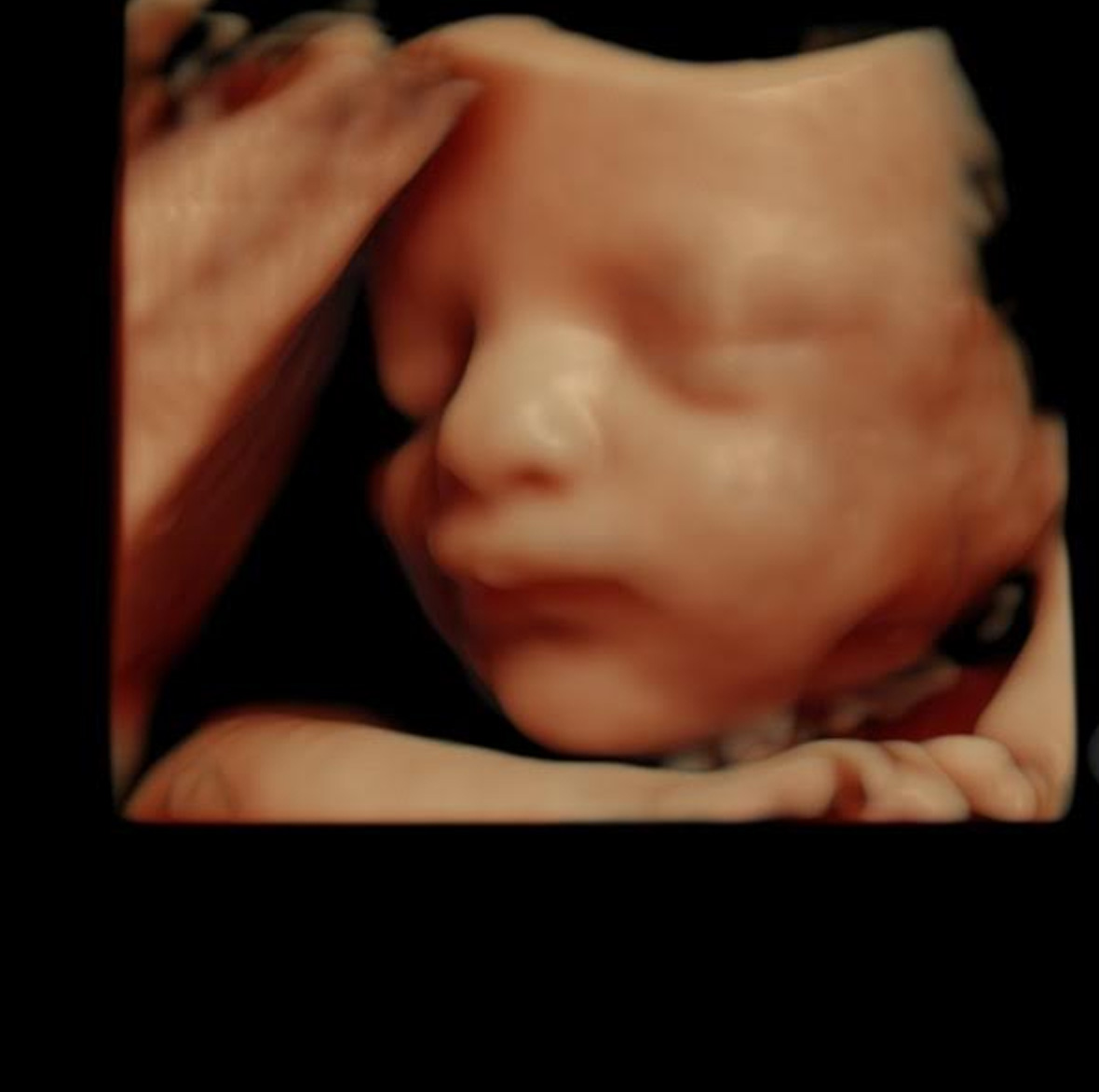Cardiac scan (24-26 weeks)
You will only need to undertake this scan if your doctor has spotted something that needs to be examined in closer detail, on your second trimester scan (which usually done at 19 and 20 weeks).
This scan, known as foetal echocardiography or also called a foetal echo scan, looks for heart defects. A heart defect is the most common abnormality your baby can be born with. This is seen in approximately between 4 and 10 per 1000 live births.
This is a highly-specialised test and requires an experienced team of sonographers and specialist ultrasound doctors to undertake it. Here at Specialist Ultrasound for Women we do have the capacity to perform this test. If a problem in your baby’s heart is detected, you will get counselled and your referring doctor will be notified and further management and follow up will be organised.
What does this scan look at?
The cardiac scan examines how the blood is flowing through your baby’s arteries and veins. It also checks on the structure and function of the heart.
The scan also looks out for abnormalities such as:
- Holes in the heart
- Narrowing of arteries
- Valves that don’t open and close properly
Cardiac scans are also necessary if:
- You were born with a heart defect
- You’ve already had a baby with a heart defect
- You have diabetes. This means you are at a slightly higher risk of having a baby with a heart defect
- You take certain drugs that can increase the risk of heart problems, such as some medications for epilepsy
- Your nuchal translucency (NT) scan shows that your baby has fluid at the back of her neck of 3.5mm or more, but appears to have normal chromosomes
The scan can take from half an hour to one hour, and is usually done across your tummy.


What happens if your baby has a heart problem?
In the very unlikely instance that the scan does identify a potential heart problem, it may not affect your baby’s health in the long term.
Even if a minor defect, such as a small hole is found, it is likely to close on its own and may not need treatment. If treatment is needed, most defects can be repaired after birth. Your baby will need to be delivered in a hospital with a neonatal care unit to ensure they get the best treatment, if required.
